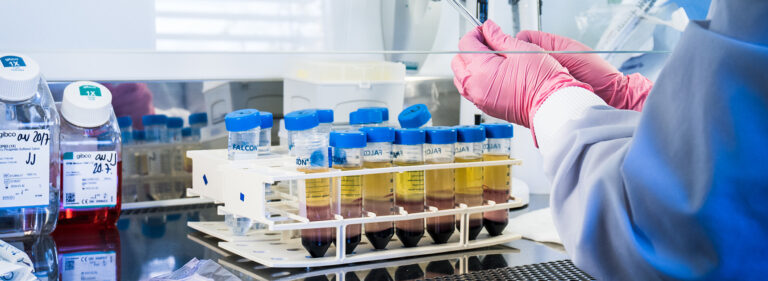Blood donors biobank
It’s easy to join The Blood Service Biobank as part of blood donation.

The Blood Service Biobank collects biobank samples and data from blood donors. Only blood donors can join the Blood Service Biobank.
The Blood Service Biobank’s research is focused on health promotion through studies that prevent diseases and identify the disease mechanisms. The Blood Service Biobank’s research specialises in transfusion medicine, the safety of blood donation and blood transfusions, and research of the blood supply chain.
Biobank materials are only released to high-quality scientific research projects that comply with the Blood Service’s operating principles and values, and which have undergone ethical evaluation.
The Blood Service Biobank has the possibility to obtain a unique collection of samples and data from blood donors who are generally healthy at the time of sampling. In addition, many people who have joined the Blood Service Biobank donate blood repeatedly. This enables gathering time series, i.e. samples taken from the same donor at different times.
It is easy to join the Blood Service Biobank and give a biobank sample during your visit to donate blood.
What is a biobank?
A biobank refers to a collection of samples of human origin that are collected and stored for research purposes. Samples in the biobank are combined with information about the donor and their state of health.
The biobank data can be said to “grow interest” when samples are handed over for scientific research, and the returned information can be utilised for other studies. The aim of biobank operations is population health promotion, for example, by finding ways to prevent diseases or by developing new treatments or medicines.
Finland is one of the leading countries in the field of biobanking and is home to several biobanks. You can join several biobanks if you wish.
Biobank operations are strictly regulated and supervised. The operations are based on the Biobank Act and several other laws and regulations, such as the EU’s General Data Protection Regulation (GDPR).The Biobanks in Finland are supervised by the Finnish Medicines Agency, Fimea.
Blood Service Biobank, Härkälenkki 13, 01730 Vantaa
You can contact us also by email

